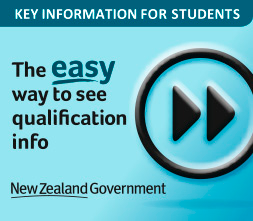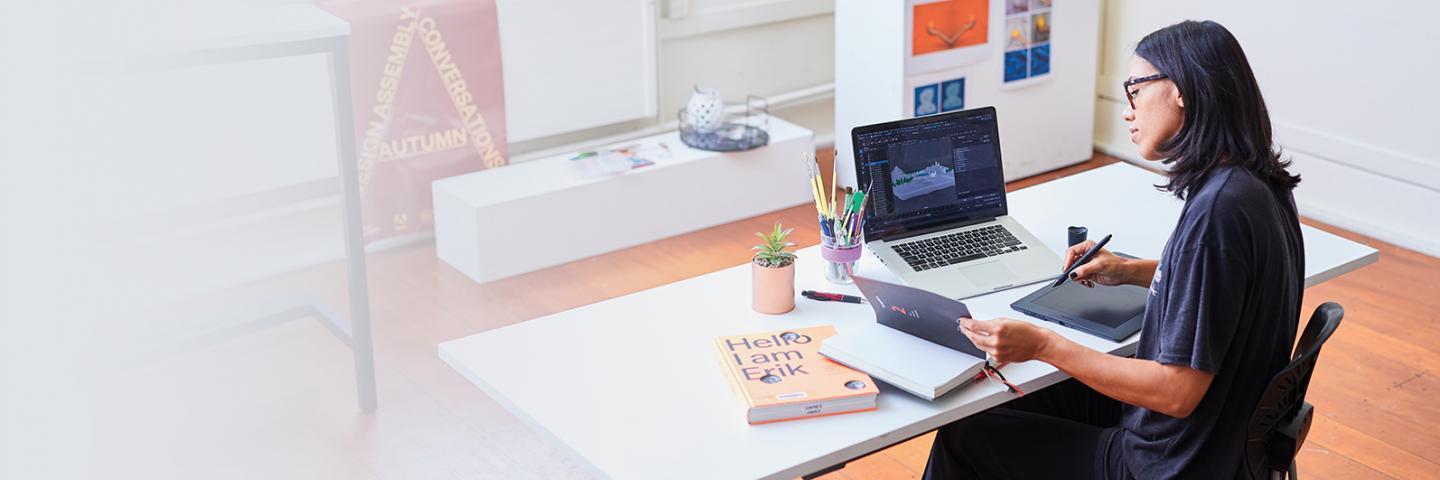Programme overview
This 180-credit programme fosters a dynamic and interdisciplinary environment for creative professionals, including:
- Contemporary artists
- Graphic designers
- Animators, game designers, experience designers and UX designers
- Performing artists, actors, dancers, directors, and producers
- Filmmakers, Screenwriters and Media creators
A Transformative Learning Experience
In your first semester, you’ll build foundations in:
- Positioning your creative practice within a broader theoretical and cultural context
- Engaging with Indigenous research methodologies
- Thinking critically and experimenting with collaborative and industry-oriented approaches
- Applying artistic and design research methods
The Capstone Project
Assessment of Prior Learning
Meet our Postgraduate Supervisors
- Dr. Cris de Groot, Senior Lecturer (Product Design, Industrial Design, Business Focussed Design, Creativity, Creative Entrepreneurship)
- Richard Fahey, Senior Lecturer (Painting, Visual Art, Ceramics, NZ Craft, Curating, Visual Art Education)
- Gina Ferguson, Senior Lecturer (Sculpture, Craft, Installation Art, Public Art)
- Allan McDonald, Lecturer (Photography)
- Emma Smith, Senior Lecturer (Painting, Visual Art, Contemporary Art)
- Dr. Leon Tan, Associate Professor (Public Art, Participatory Art, Visual Art, Visual Culture, Participatory Design, Interdisciplinary Practice)
- Jonty Valentine, Lecturer (Graphic Design, Publication Design, Contemporary Art)
- Dan Wagner, Senior Lecturer (Screen Art, Screen Education, Cinematography)
- Paul Woodruffe, Senior Lecturer (Visual Art, Public Art, Design for Social Innovation)
- Dr. Becca Wood, Senior Lecturer (Choreography, Somatic Practice, Spatial Practice, Site-Based Performance, Interdisciplinary Practice, Digital Culture)
- Dr. Vanessa Byrnes, Associate Professor (Theatre, Performance, Directing, Acting, Theory, Producing.
Admission requirements
What you will need to study this programme.
Domestic students
International students
Academic requirements
You must have completed at least one of the following:
- A recognised Bachelor’s degree in the same or similar discipline, with merit achievement deemed to be an average grade of B- or higher in all Level 7 courses; or
- A professional qualifications in a relevant discipline, recognized as being equivalent to merit achievement in a bachelor degree.
And English entry requirements;
If English is not your first language, you will also need at least one of the following qualifications:
- Evidence of an IELTS (Academic) band score of at least 6.5 with no band score lower than 6
- University Entrance Literacy: 8 credits at Level 2 or above in English or Māori (4 in Reading, 4 in Writing); or
- Evidence of English language proficiency as outlined in the NZQA Rules on the Unitec English Language Requirements for International Students Web-page.
Don’t meet these Academic requirements?
- If you don’t meet the academic criteria, our Bridging Education Programmes can help you qualify. Simply apply online, and we’ll discuss your next steps.
- If you don’t meet the above criteria, special or discretionary admission may apply; your eligibility will be determined at the interview.
For more information, download the programme regulations (PDF 529 KB)
Courses and timetables
For more details on the courses, please click on the course names below. Please note that our systems are updating with new course timetable information for 2026; please check back again soon.
Debug
| Courses | Credits | Aim |
|---|---|---|
| Comparative Critical Reading(ICIB8071) | 15.0 credits (0.125 EFTS) | To analyse critical and theoretical dimensions, key principles and approaches for a specialist area of creative arts practice through the comparative critical reading of selected texts (written word, oral presentations, creative works and researched essays, etc.). This course is designed to challenge existing ideas about creative practice by surveying the landscape of contemporary theory and to enable the positioning of those ideas into the students personal frame of practice. |
| Research in the Creative Industries(ICIB8072) | 15.0 credits (0.125 EFTS) | To provide both a documentation and record of understanding of research methodological practice for collaborative creative arts practice, which incorporates a demonstrated understanding of the theories and methodologies of key practitioners/theorists associated with a specialist study area. This course is designed to enable students with a methodological foundation with which to design, implement, and analyse research projects in a variety of contexts. |

